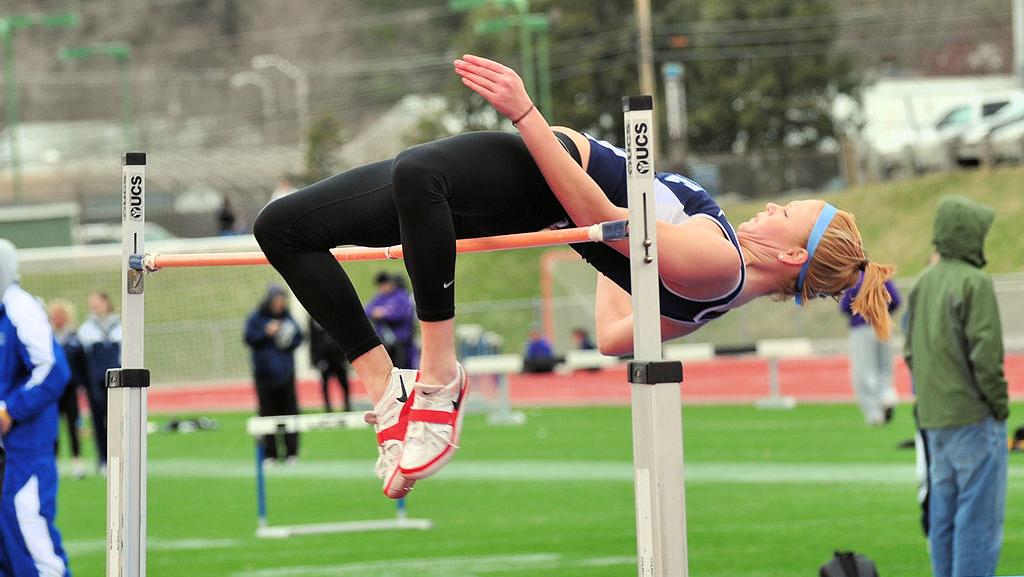One third of UU's Master's students has symptoms
Students demanding too much of themselves risk burning out

Do you feel like you must get good grades? How do you respond to unpredictable situations? Are you afraid of the consequences if something goes wrong with your studies?
These are some of the questions postdoc Marijntje Zeijen tried to answer by means of a questionnaire and a series of qualitative interviews. Her goal was to find out to what extent UU Master's students set unrealistic demands for themselves and find it hard to deal with situations they have no control over. She also wondered whether this makes students more likely to develop psychological problems. Four faculties participated in the research and the first results of were published by the International Journal of Environmental Research in January 2021.
“We do see that students who score high on these 'personal demands', as we call them, experience more stress and get exhausted sooner,” Zeijen explains. She's referring to students who try to compulsively control everything related to their studies, always want everything to be crystal clear and try to prevent mistakes at all costs. “They suffer more from time pressure and an excessive workload, and they see fewer opportunities to develop themselves. This increases the risk of burnout.”
High-risk group
Zeijen's study also reveals that the negative impact of these unrealistic expectations can be compensated when students have character traits such as optimism, perseverance, and self-sufficiency. “However, 25 percent of the students are on the negative side of the scale in both aspects, meaning they score high on unrealistic demands and low on positive character traits. These students can be considered as a high-risk group.”
Thereby, Zeijen’s data shows that a significant number of students are experiencing burnout symptoms. If we only look at those symptoms — which include fatigue, difficulty concentrating, and an indifferent or negative attitude towards their studies — about 30 percent of respondents are in the danger zone.
"I'm shocked. This is probably also the influence of the pandemic, which was very stressful for a lot of students. In other studies, the number of students experiencing depression and anxiety symptoms increased as well."
Predictive value
The publication was the first result of the research project How Are UU which is intended to help the university improve the wellbeing of Master's students and also offer them a positive start in their first job.
Meanwhile, a few follow-up studies have taken place. According to data not yet published by Zeijen, students who set higher demands for themselves can also experience their first job as highly demanding and stressful. It should be noted however, that, in this case, positive character traits seem to have a stronger compensating influence.
Zeijen: “The answers to our questions thus have a predictive value. If you encounter problems as a student, chances are you will also encounter them at your job.”
The university is examining whether Master's students could benefit from a course that would verify where their tendency to perfectionism comes from. In the same study, students are asked what energises them and how they would like to learn things. “It would be great if this were to lead to positive results and students would actually benefit from that course.”
Increasing involvement
According to the postdoc, the outcomes of the study offer leads for teachers, mentors, and psychologists to improve student’s wellbeing. They can work with students on letting go of the idea that mistakes should not be made. Students must additionally learn that uncertainties are part of the game and that not everything can be controlled.
But, according to Zeijen, they can also work on expanding the positive, compensating skills. “When students see more options to shape their studies the way they want to, when there’s an atmosphere in which students aren’t afraid to ask for feedback and if they also feel like they’re being supported, then they get more involved in their studies and thus more energetic.”
At the same time, the research data would also be interesting to discuss in a mentor group, Zeijen suggests. “If students become aware of their own behaviour and hear how others respond to an occasional low grade, that’s something to gain from as well.”
DUB sprak met Marijntje Zeijen over het Utrechtse onderzoek in het kader van een magazine over studentenwelzijn dat vanaf woensdag te verkrijgen is op verschillende plekken binnen de universiteit. Zeijen is ook een van de sprekers tijdens de bijeenkomst 'Falen: een ode aan de loser' van Studium Generale op 23 november.